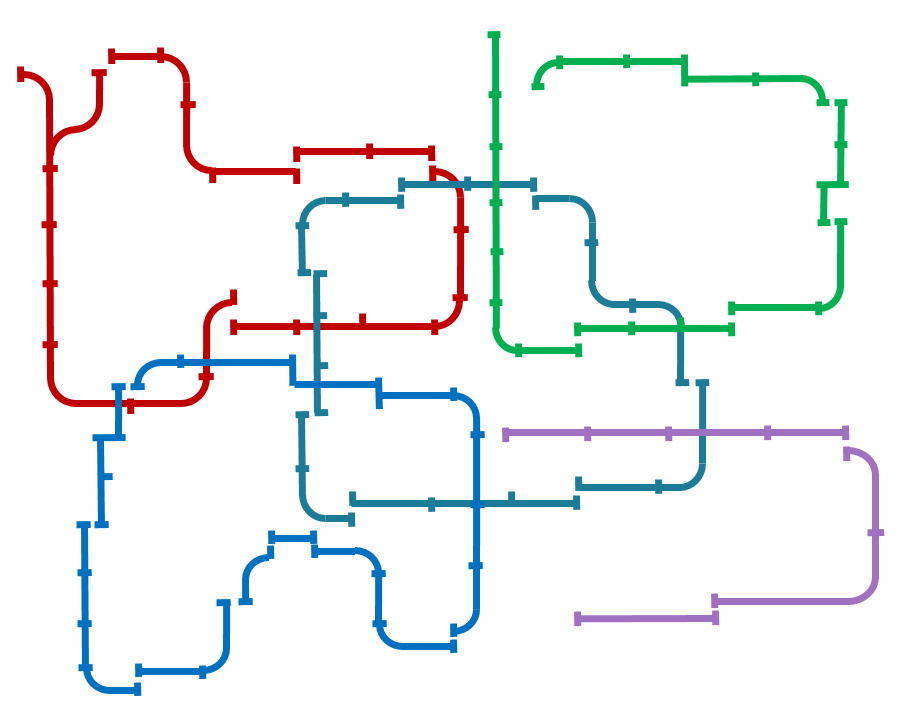

Fibonacci (c. 1170 – c. 1240), also known as Leonardo of Pisa, was an Italian mathematician considered to be "the most talented Western mathematician of the Middle Ages". Fibonacci popularized the Indo–Arabic numeral system in the Western world primarily through his book Liber Abaci. He also introduced Europe to the sequence of Fibonacci numbers, which he used as an example in Liber Abaci.
SEQUENCES
Is Fibonacci in Pascal?
Key questions
What are linear sequences?
Can we find the nth term of a linear sequence?
Do we recognise different types of sequences?
Can we problem solve with different types of sequences?
4 lessons
Specification detail

Literacy
stories that set a frame or background
stories that accompany or intertwine
stories that introduce
stories that explain
stories that ask a question
stories that entertain
The Phantom Tollbooth by Norton Juster
The King's Chessboard by David Burch
Fibonacci
Introduce...
linear growth - 1, 2
machine cards - 1, 2
matchstick patterns - 1, 2, 3
nth term tarsia - 2
sequences booklet - 1, 2
sequence complete table - 1, 2
sequences dominoes - 1, 2
sequence types - 3
stick puzzles and equations - 1, 2
the kings chessboard - narrative
tick or trash - 1, 3
Develop...
diffy - 1, 2
directeds - 1, 2
fibonacci patterns - 3, 4
going through - 3
in two series - 2, 4
sequences - 1, 2, 3
triangle numbers - 3
pascal - 3, 4
Extend...
arithmetic sequences review - 1, 2
arithemtic sequence - 1, 2
sequences search - 3
sequence snake - 3, 4
step puzzles - 4